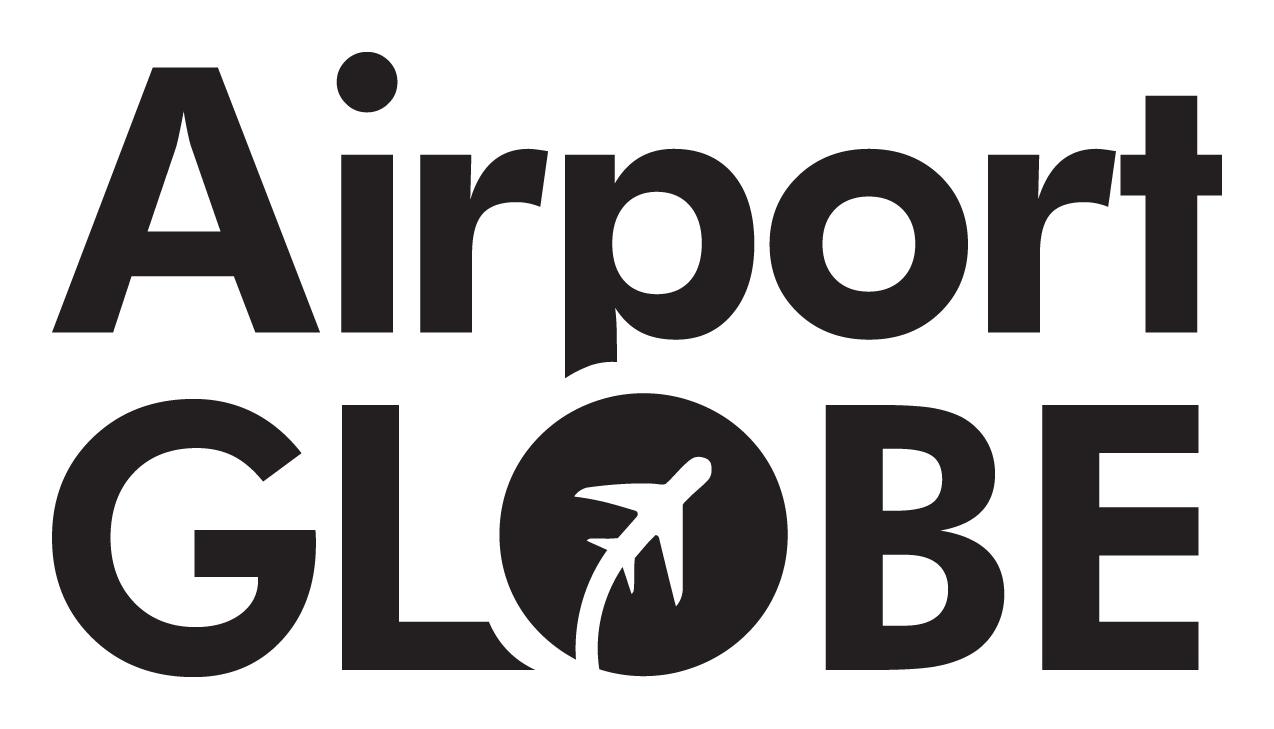Home ›
The History of Ottawa
Ottawa, Canada’s capital city, has a rich and diverse history. Originally inhabited by the Algonquin people, the area was first explored by Europeans in the early 17th century. The city itself was founded in 1826 as Bytown, named after Colonel John By, who supervised the construction of the Rideau Canal. This canal, now a UNESCO World Heritage Site, played a crucial role in Ottawa’s early development and remains a significant landmark today. In 1857, Queen Victoria chose Ottawa as the capital of Canada, a decision that was influenced by its strategic location between Montreal and Toronto and its distance from the American border, which provided a measure of security. The construction of the Parliament Buildings in the mid-19th century further solidified its status as the nation’s capital. Ottawa has since grown into a vibrant city that reflects Canada’s bilingual and multicultural heritage, playing a pivotal role in the country’s political and cultural landscape.
The Ottawa of Today
Ottawa today is a dynamic and multicultural city that offers a wealth of experiences for residents and visitors alike. As Canada’s capital, it is home to numerous national institutions, including the Parliament of Canada, the National Gallery, and the Canadian Museum of History. The city’s vibrant cultural scene is complemented by its stunning natural surroundings, with the Rideau Canal and Gatineau Park providing opportunities for outdoor activities year-round. There are countless things to do in Ottawa, from exploring the historic ByWard Market, known for its local produce and artisanal goods, to enjoying the vibrant nightlife and diverse culinary scene that reflects the city’s multicultural makeup. Ottawa is also renowned for its festivals, including Winterlude, which celebrates the winter season with ice sculptures and skating on the frozen canal. Whether you’re interested in history, culture, or outdoor adventure, Ottawa offers something for everyone.
The Transportation Options in Ottawa
Ottawa boasts a comprehensive transportation network that makes it easy to navigate the city and its surroundings. The OC Transpo bus service is the primary mode of public transportation, providing extensive coverage throughout the city. Additionally, the O-Train light rail service offers a quick and efficient way to travel across Ottawa, with connections to key areas and attractions. For those who prefer driving, Ottawa car rentals are readily available, offering flexibility for exploring the city and beyond. Taxis and ride-sharing services like Uber and Lyft operate throughout Ottawa, providing convenient door-to-door service. Cycling is also a popular option, with numerous bike paths and lanes crisscrossing the city, making it easy to explore Ottawa’s scenic routes and attractions.
The Ottawa Airports
Ottawa is primarily served by the Ottawa Macdonald-Cartier International Airport (YOW), the main airport facilitating travel to and from the city. Situated approximately 10 kilometers south of downtown Ottawa, YOW handles both domestic and international flights, making it a busy hub for travelers. The airport is well-equipped with modern amenities and services, ensuring a comfortable experience for passengers. Its proximity to the city center makes it easily accessible, with various transfer options available, including airport taxis, private transfers, car rentals, shuttles, buses, and trains. Ottawa Airport is a key gateway to the capital, reflecting the city’s importance as a national and international destination.
Accommodation in Ottawa
Ottawa offers a diverse range of accommodation options to suit every traveler’s needs and budget. From luxury hotels and boutique establishments in the heart of the city to budget-friendly hostels and charming bed and breakfasts, visitors will find plenty of choices. Ottawa hotels in the downtown area provide convenient access to major attractions and government buildings, though they may come with a higher price tag. For those seeking more affordable options, accommodations in the surrounding neighborhoods offer excellent value and easy access to public transportation. Booking in advance can often secure better rates, particularly during peak travel seasons.
